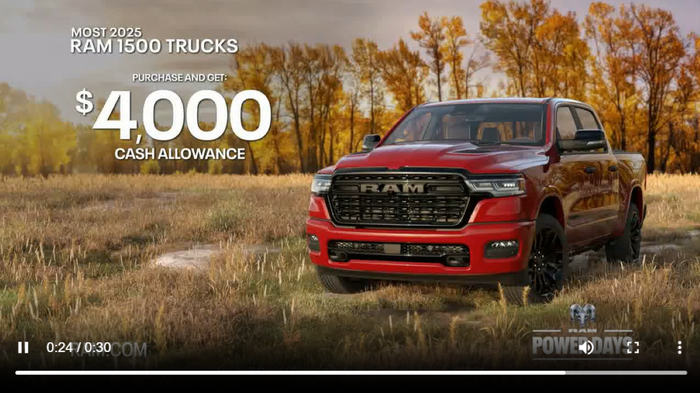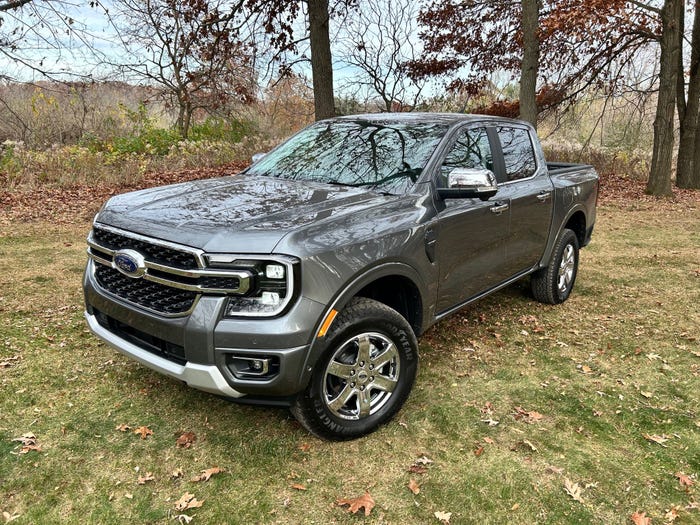Pakistan Green-Lights Four Auto-Manufacturing Bids
The investors must ensure their projects comply with Pakistan’s Automotive Development Policy, which grants tariff and direct-support benefits to companies meeting commitments such as observing environmental, quality and safety standards.
July 28, 2017

ISLAMABAD, Pakistan – Pakistan’s ministry of industries and production grants Category-A Greenfield investment status to four investor groups, effectively greenlighting their plans to establish auto-making plants in the country.
The ministry signed the investment agreement July 17 with Hyundai Nishat Motor, a South Korean-Pakistan joint venture based in Lahore; Kia-Lucky Motors Pakistan, another South Korea-Pakistan JV based in Karachi; Lahore-based United Motors; and Regal Automobiles of Karachi.
“The Ministry of Industries and Production has allowed four auto investors to set up plants in Pakistan,” says Shah Jahan Shah, a spokesman for the ministry.
Shah says the investors will have to sign an agreement with the ministry to ensure their projects comply with the Pakistan government’s Automotive Development Policy (2016-2021), which grants tariff and direct-support benefits to companies complying with commitments including abiding by environmental, quality and safety standards.
They also will have to demonstrate compliance with relevant statutory regulatory orders and meet various timelines regarding completion of the projects to benefit from development-policy incentives.
Ministry officials expect a combined investment of $372 million will be made by three of the four companies granted greenfield investment status.
According to business plans submitted to Pakistan’s Engineering Development Board, Kia-Lucky Motors Pakistan will invest $190 million; Hyundai-Nashat will invest $164 million; and United Motors will invest $18.1 million. Officials were unable to supply documents regarding planned investments by Regal Automobiles.
The Kia project will benefit from the participation of Lucky Motors’ owner, Pakistan-based conglomerate Yunus Brothers Group, which has major industrial infrastructure in the country, also owning Lucky Cement and chemical group ICI Pakistan.
Lucky Motors and Kia have not announced what models they intend to produce in Pakistan. However, Kia previously produced the Kia Classic natural-gas vehicle and Kia Spectra in Pakistan from 1999 to 2005 under a joint venture with Pakistan-based Dewan Motors. Output was on a small scale, however. According to Pakistan Automotive Manufacturers Assn. (PAMA) data, the local build of the Kia Classic in the 2002-2003 financial year was 459 units, which plunged to 188 in 2003-2004; while 465 units were produced in 2004-2005.
Kia Spectra output in Pakistan began with 890 units in 1999-2000, followed by 1,784 units, 2,091 units, 384 units, 73 units and only one unit in the subsequent five years of production.
A senior official of the Kia-Lucky Motors JV has told the Engineering Development Board that the South Korean company will have a 60% share in the JV and will invest $150 million. It also will import, market and sell all types of Kia vehicles, parts and accessories, with some Pakistan-made Kia models being exported.
The Hyundai Nishat Motor project will involve the assembly and sale of Hyundai passenger and 1-ton commercial vehicles in Pakistan, according to the Engineering Development Board.
South Korea-Pakistan Free-Trade Agreement in Play
Yoojin Kim, the Korea Automobile Manufacturers Assn.’s principal analyst for the Asia region, notes such ventures will break new ground for the affiliated Korean automakers.
“The market size being smaller than China’s or India’s can be one reason for this, and the absence of a free-trade agreement between Korea and Pakistan has likely been seen as another drawback,” Kim tells WardsAuto.
Closer trade links may come, however, with South Korean ambassador to Pakistan Suh Dong-gu confirming in December feasibility studies for a free-trade agreement between the countries have been completed and both are preparing recommendations for the content of such a deal.
Shah also says ministry officials are evaluating applications for similar permissions from “five other auto investors who are interested in setting up auto manufacturing plants in Pakistan.” They are Habib Rafiq Private and Foton Auto Park, both based in Lahore; Khalid Mushtaq and Pak-China Motors, both based in Karachi; and Islamabad-based Cavalier Automotive.
Of these, two may secure permission in August, Shah indicates, with their combined planned investment expected to be about $1 billion.
Looking ahead, France’s Renault; Karachi, Pakistan’s Ghandhara Nissan; Karachi-based Dewan Farooque Motors; and Chinese manufacturer FAW China all are seeking permission to establish auto-making plants in Pakistan. These proposed projects would utilize benefits under the Automotive Development Policy, but a senior minister requesting anonymity says these applications are at an earlier stage than those now under review.
The development policy has attracted manufacturers to Pakistan. For projects approved under the scheme, the government waives import duties on materials and technology needed to establish new auto plants in the country and will reduce import duties on auto parts once the factories are operational.
It also permits the import of 100 vehicles mirroring those being built in Pakistan as completely built units for test marketing at 50% of the standard duty. Also, the plan allows a 10% customs duty on parts not produced in Pakistan for five years against the prevailing 32.5%.
Parts that are built in Pakistan can be imported by new entrants at 25% duty compared with the current 50% for five years. A-category investors, such as the four companies green-lighted this month, will be entitled to import all parts at 10% customs duty for three years to make passenger cars with engines smaller than 0.8L.
They also can import locally made bus, truck and tractor parts at customs duties applicable to non-locally made parts for three years.
Pakistan’s automotive industry is growing rapidly. PAMA data shows domestic auto sales jumped to 20,720 units in May, up 21.5% from 17,052 a year earlier.
– with Jens Kastner in Taipei, Taiwan
About the Author
You May Also Like



